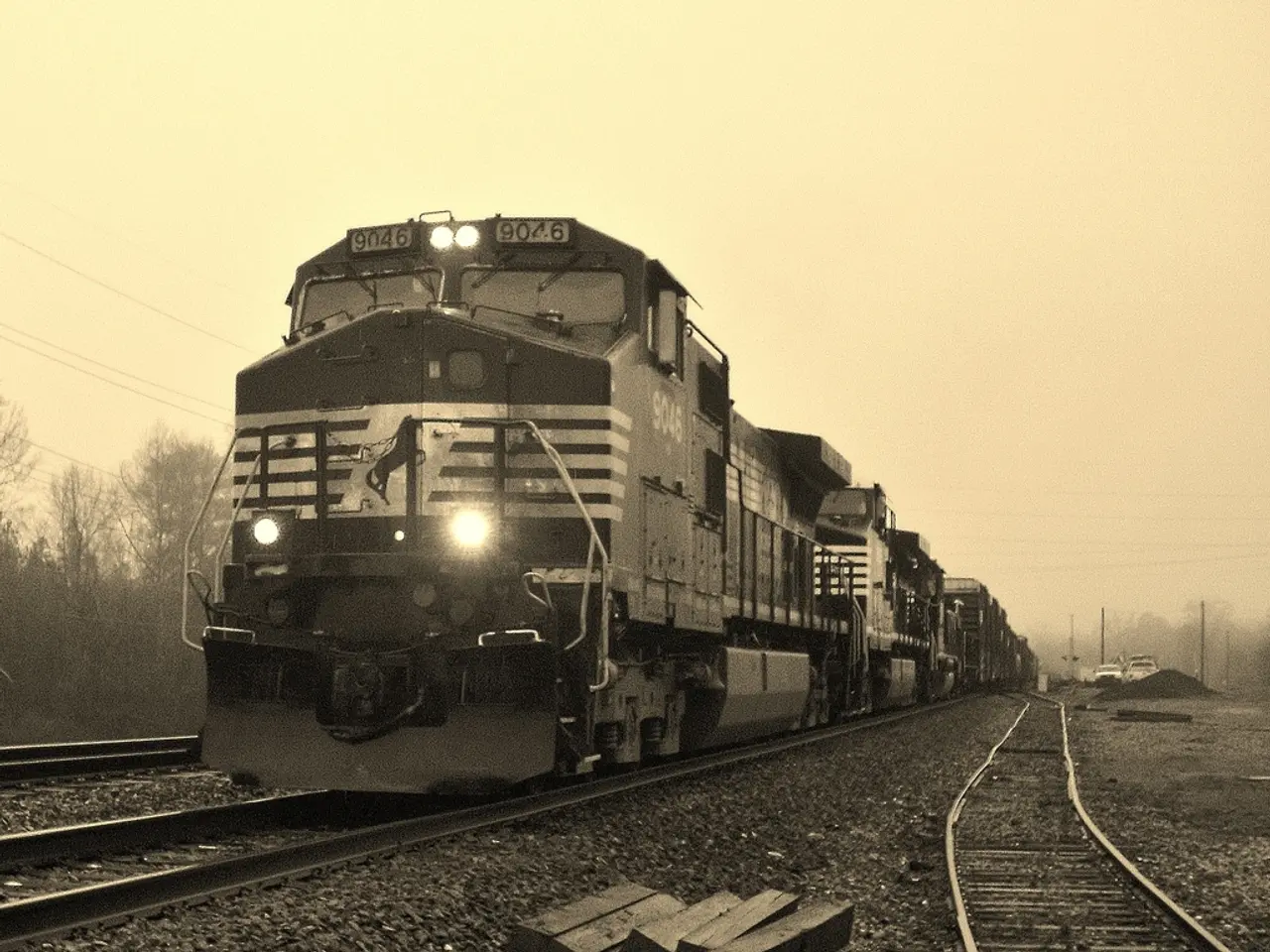Hermann-Hesse-Bahn Project Faces Delays and Cost Overruns Due to Bat Protection Measures
The Hermann-Hesse-Bahn project in Baden-Württemberg has faced significant delays and cost overruns, largely due to measures taken to protect local bat populations. The project, featured in this year's Black Book, now has a price tag of 207 million euros, up from the initial 49 million euros estimated in 2015.
The primary issue has been the presence of bats in the tunnels, with two species initially struggling with a partition wall installed to guide them away from essential tunnel tubes. The wall uses ultrasound and light to discourage the bats from flying into the wrong half of the tunnel. While the specific bat species are not mentioned, their protection has been a key factor in the project's delays and increased costs.
The state of Baden-Württemberg initially planned to contribute 50 percent of the construction costs. However, due to the increased expenses, the state now agrees to bear around 75 percent of the costs, with the remaining 25 percent to be covered by the Hermann-Hesse-Bahn association, consisting of Calw County and several communities. The project's operation was originally scheduled to start in 2018 but is now expected to begin at the end of 2025.
The 53rd Black Book of the Federal Association of Taxpayers highlights the Hermann-Hesse-Bahn project as an example of careless spending, with costs increasing significantly from the original estimate. The project's delays and cost overruns underscore the challenges of balancing infrastructure development with environmental conservation.
Read also:
- Catastrophe at a U.S. Steel facility in Pennsylvania results in the loss of two lives. crucial details unveiled
- Auto Industry Updates: Geotab, C2A, Deloitte, NOVOSENSE, Soracom, and Panasonic in Focus
- Siemens Energy Kicks Off Hydrogen Push in Chile
- Rajshahi's Massive Tree Felling Threatens City's Green Cover and Raises Temperatures







